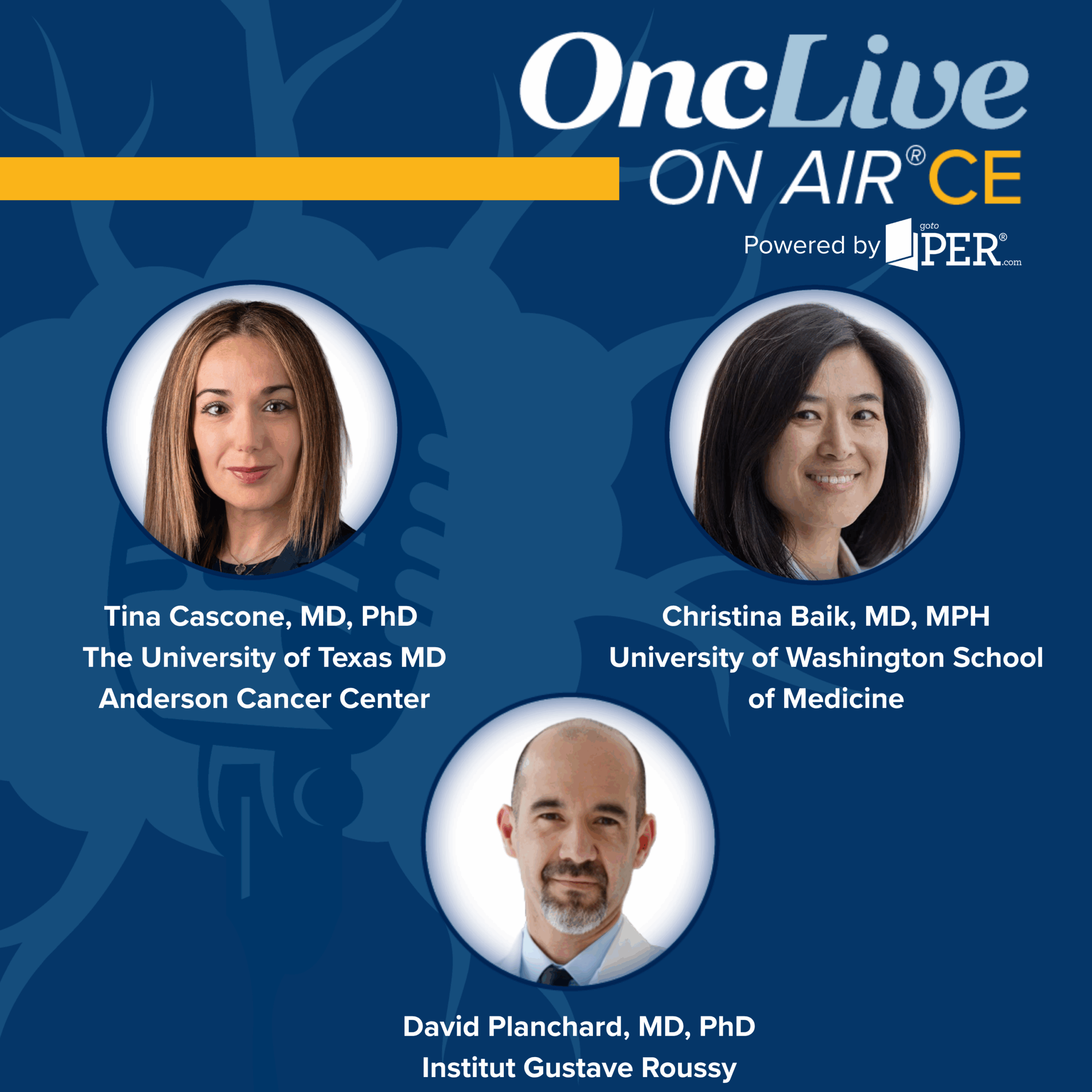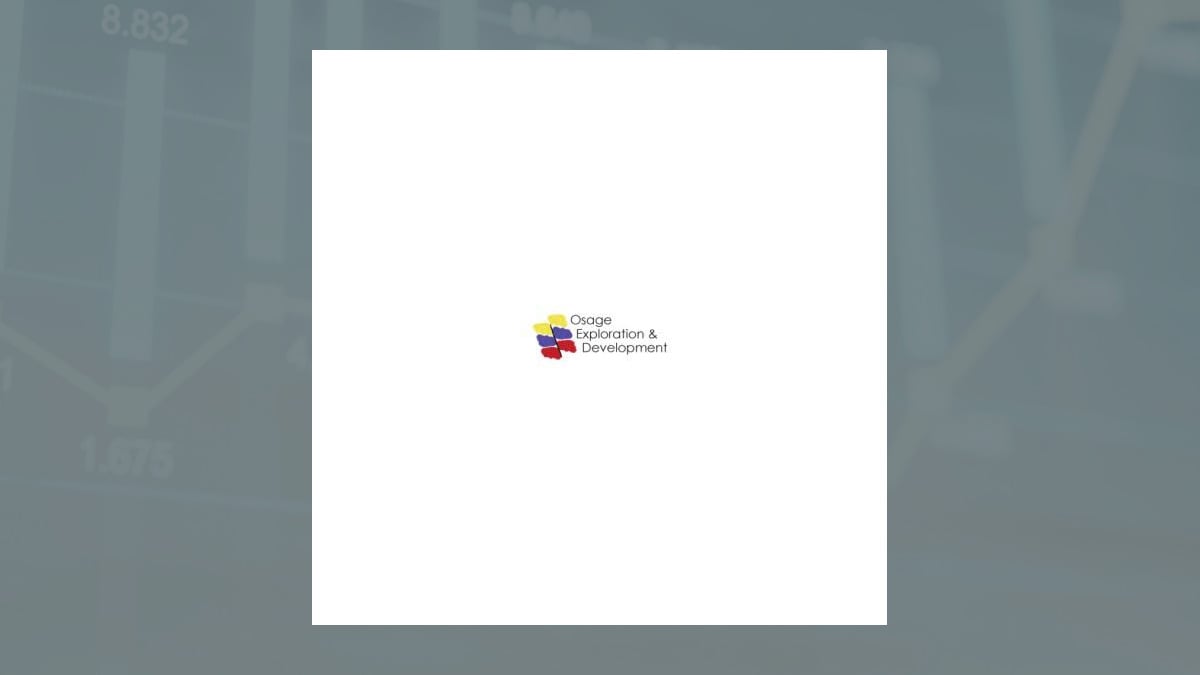A recent podcast featuring leading oncologists has highlighted significant advancements in the management of *epidermal growth factor receptor* (EGFR)-mutant non-small cell lung cancer (NSCLC). The discussion, led by experts Tina Cascone, MD, PhD, Christina Baik, MD, MPH, and David Planchard, MD, PhD, focused on data-driven treatment strategies that span the entire disease continuum.
The podcast is designed to enhance understanding and application of current evidence in treating patients with EGFR-mutant NSCLC. By addressing the latest findings, the experts aim to equip healthcare professionals with the knowledge necessary to improve patient outcomes.
Insights from Leading Experts
Dr. Tina Cascone, who serves as the Associate Professor and Director of Translational Research at the University of Texas MD Anderson Cancer Center in Houston, Texas, emphasized the importance of integrating new data into treatment protocols. Her insights reflect a broader commitment to evolving cancer care based on emerging scientific evidence.
Dr. Christina Baik, affiliated with the Fred Hutchinson Cancer Center and the University of Washington School of Medicine in Seattle, addressed the challenges of targeting resistance mechanisms in metastatic disease. This aspect of treatment is crucial, as many patients with EGFR-mutant NSCLC eventually develop resistance to initial therapies.
Dr. David Planchard, who is the Head of the Thoracic Group at the Institut Gustave Roussy in Villejuif, France, contributed to the discussion by highlighting innovative approaches to the adjuvant treatment of early-stage EGFR-mutant NSCLC. His expertise underscores the ongoing efforts to refine treatment strategies that can lead to better prognoses for patients.
Educational Support and Future Directions
The podcast is supported by an educational grant from AstraZeneca, signaling the pharmaceutical company’s commitment to advancing knowledge in oncology. The program is set to expire on October 24, 2026, reflecting the dynamic nature of cancer research and treatment protocols.
Throughout the podcast, the experts acknowledged their various roles and affiliations with pharmaceutical companies. These disclosures are in line with the continuing education guidelines set forth by the Accreditation Council for Continuing Medical Education (ACCME).
The information shared aims to inform healthcare professionals about the evolving landscape of EGFR-mutant NSCLC treatments. As new research emerges, it is imperative that practitioners remain up-to-date with the latest developments to ensure optimal patient care.
For more insights on this topic, including detailed discussions about treatment resistance and evolving management strategies, listeners are encouraged to visit the official page for the podcast.
The ongoing commitment to research and education in this field promises to enhance the quality of care for patients battling EGFR-mutant NSCLC, paving the way for improved treatment protocols and patient outcomes in the future.







